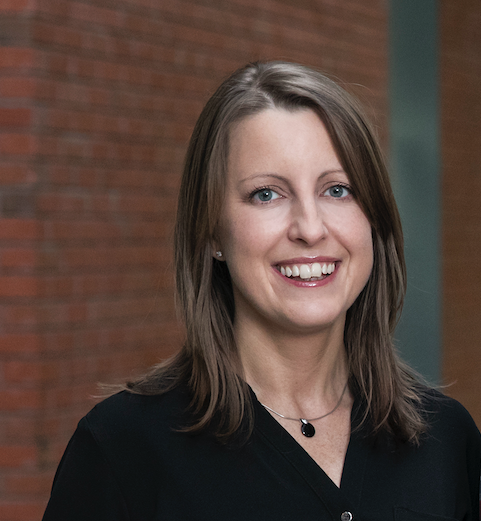Understanding the Barriers to Localised Oestrogen Treatment for Recurrent Urinary Tract Infections (UTIs) in Postmenopausal Women Residing in Care Homes
What are we trying to do?
UTIs are thirty times more likely in women than in men, and postmenopausal women are more likely to suffer from recurrent UTIs (3+ in one year). This can be a result of a lack of oestrogen production once a woman has gone through the menopause and is one symptom of Genitourinary Syndrome of Menopause (GSM). The menopause usually happens between the ages of 45-55, but it can happen earlier.
Localised oestrogen treatment (directly to the vagina) is recommended by the National Institute for Health and Care Excellence (NICE) and is an effective way to reduce the risk of recurrent UTIs in older women. However, the number of postmenopausal women receiving this treatment is estimated to be very low with very few postmenopausal women in some local care home settings prescribed this recommended treatment for recurrent UTIs.
We want to explore the barriers to localised oestrogen prescription, and what improvements/changes might be needed to ensure more women in care homes who are experiencing recurrent UTIs are offered this effective treatment.
Why is this important?
If untreated, UTIs can lead to serious health problems such as falls, kidney problems, sepsis, a worsening of cognitive issues such as dementia, hospital stays, and death. In the last five years, 1.8million people were admitted to hospitals with UTIs, costing the NHS £400million. UTIs are usually treated with antibiotics which can contribute to the overuse of antibiotics and drive resistance to them. It is estimated that 29-66% of all antibiotics prescribed in care homes are for UTIs.
How are we doing it?
The aim of this work is to explore the barriers to implementing NICE recommended guidance on localised oestrogen as a treatment for postmenopausal women experiencing recurrent UTIs living in care homes, from the perspective of health and social care professionals. We will conduct interviews and focus groups with care home managers and staff, general practitioners, and other health professionals to understand the key issues in a small group of care homes in Greater Manchester. We will involve a public contributor group to help us with this work.
Who are we working with?
- Bury Council
- Horizon Primary Care Network
- Researchers from the University of Salford and University of Glasgow

Programme Manager
Alison Littlewood
alison.j.littlewood@manchester.ac.uk